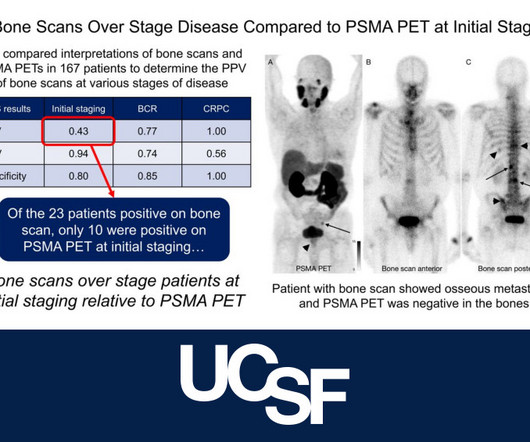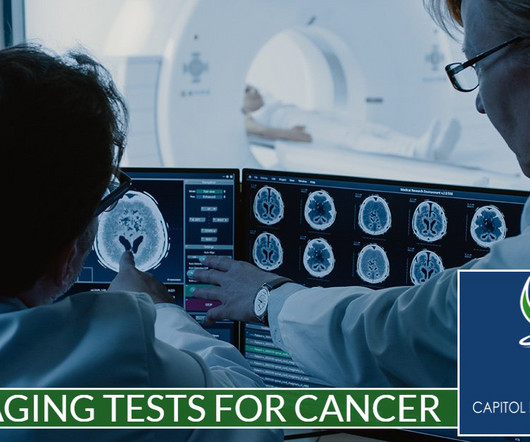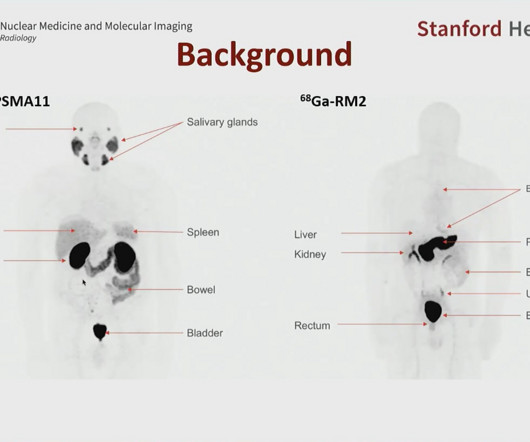Bone scans may be viable for diagnosing calciphylaxis
AuntMinnie
OCTOBER 25, 2023
Technetium-99m (Tc-99m) methyl diphosphonate (MDP) bone scans are a potentially viable noninvasive option for diagnosing calciphylaxis, according to a team at the University of Massachusetts in Worcester, MA. The team assessed the potential diagnostic utility of bone scans in calciphylaxis based on a review of the literature.













Let's personalize your content